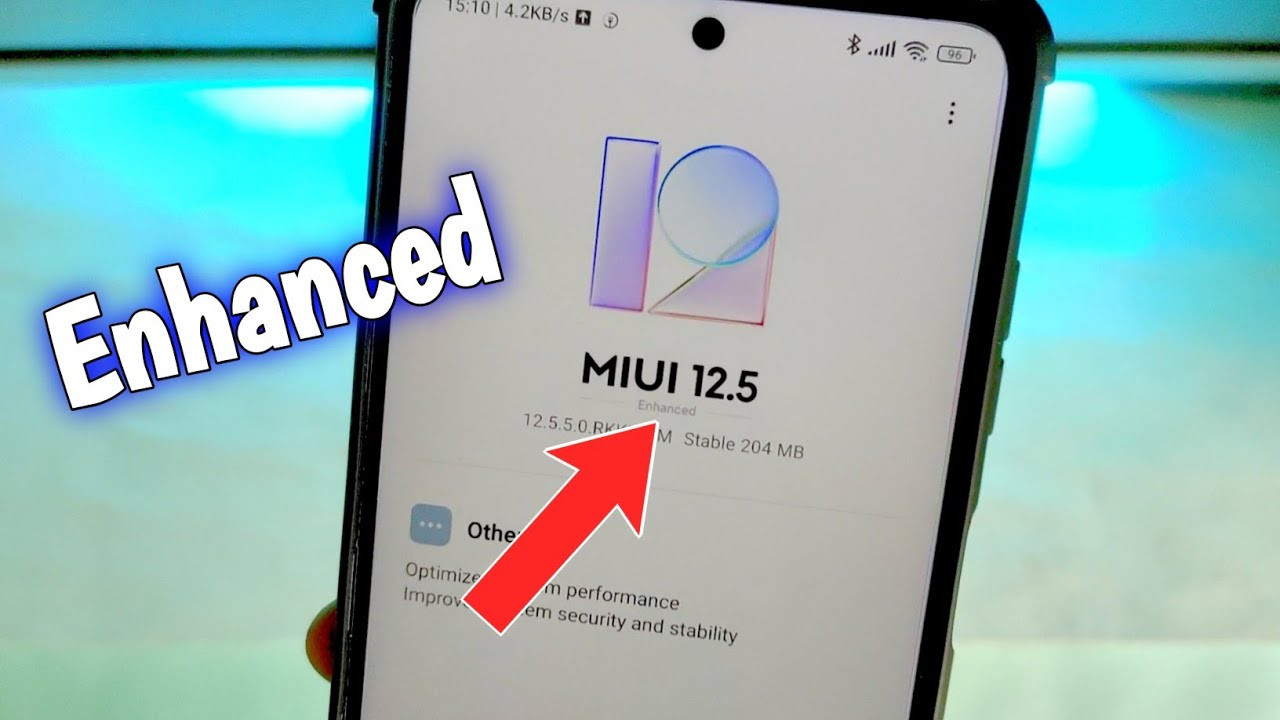The Dutch government has given Facebook parent company Meta priority to purchase energy from grid operator Tennet for its yet to be built data center in Zeewolde. Tennet would like to keep Facebook off due to capacity problems on the Dutch electricity grid.
That appears from documents released on Friday by the Ministry of Economic Affairs and Climate, as a result of a wob-request from De Telegraaf. Before this intervention by the minister, the cooperation between Tennet and Facebook, which traded under the alias Tulip, would ‘have been difficult’ due to the capacity issue. In addition to priority, Facebook also wanted to get its own energy substation next door. If the requirements were not met, Facebook would continue to look for a location in another country. “[Facebook] has started a very active lobby and has also approached General Affairs and the Digital Economy Directorate to urge urgency,” the documents further read.
The then Minister of Economic Affairs and Climate, VVD member Eric Wiebes, sent a letter to Tennet last year in which he stated that the establishment of Facebook in the Netherlands ‘justifies’ that Tennet ‘deviates from its usual working method’. “I request that you make an effort to build the substation and connect [Facebook] as quickly as possible,” Wiebes wrote further. Giving priority to Facebook meant that all other procedures for large consumers of electricity ended up on the longer track.
In advice to Minister Wiebes, officials from his ministry expressed skepticism about the plans. In addition to the well-known objections about capacity, officials argued that the extra CO2 reduction task would pose a challenge, that the allocation of so much green energy would damage support for future investments in green energy and that the production targets for green energy are already are far from being achieved. In addition, large energy consumers would receive ‘a 90 percent discount on the rates’.
Officials also noted that allowing the construction of a data center does not fit in with the ‘spatial government policy’, which prescribes that data centers should be located on the edge of the country. There was also a sales freeze for agricultural land at that time, while the central government owns a significant part of the land for the data center.
The arrival of the data center is not yet final. The Zeewolde city council will decide on December 16 whether Meta may start construction on the location. writes the NRC.
–
:strip_exif()/i/2004743102.jpeg?f=meta)

